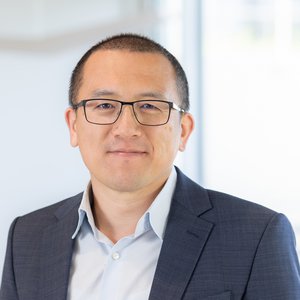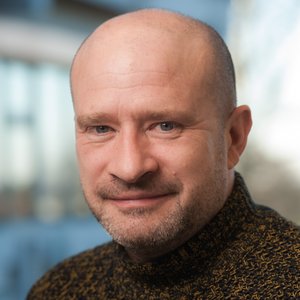Main research areas
The members of the research centre develop novel materials and coatings that specifically influence biological systems in vivo (in the living organism) and in vitro (in an artificial environment). In the medium term, for example, new implant or cell culture surfaces, diagnostic systems, tissue models and degradable metal alloys and plastics for medical technology applications are being developed.
With further expertise in the fields of tumour cell biology, cellular test systems, immune cell therapies and biosensor technology, new starting points for diagnostic and therapeutic strategies are being identified, leading to increased interdisciplinary cooperation. Material scientists work closely with cell biologists and immunologists to develop innovative solutions for biomedical challenges. These synergies make it possible to tackle complex issues and open up new perspectives in application-oriented biomedical research.
Team
There is a capable team behind every research project. Find out more about the professors in the Smart Biomaterials and Biosystems research area.



![[Translate to English:] Prof. Dr. Jeannette Hübener-Schmid](/fileadmin/_processed_/1/8/csm_Huebener-Schmid_9d7bedaab5.jpg)

![[Translate to English:] [Translate to English:] Prof. Dr. Günther Proll](/fileadmin/_processed_/2/e/csm_Proll_1340e9c969.jpg)

![[Translate to English:] [Translate to English:]](/fileadmin/_processed_/1/e/csm_Ercan_Herbst_65bd316e60.jpg)



![[Translate to English:] [Translate to English:] Prof. Dr. Jörg Mittelstät](/fileadmin/_processed_/d/f/csm_Mittelstaet_6c77ba1e1e.jpg)





